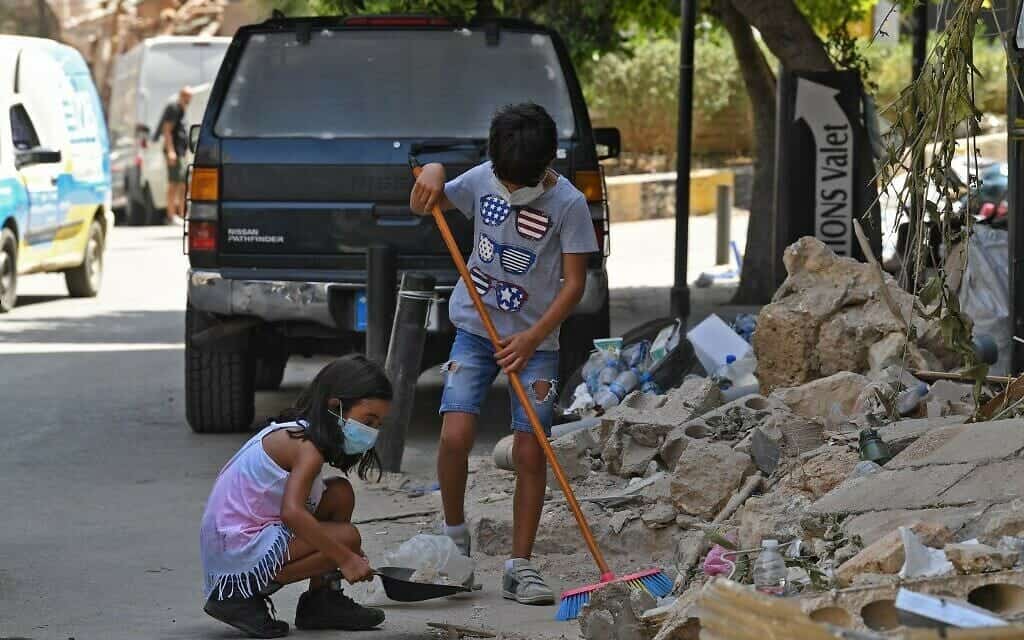-
Lebanon is in the throes of an economic crisis that has led to massive shortages of fuel, medicine, and even food
-
The Lebanese pound devalued by around 90% since late 2019, and the country’s forex reserves are depleted
At least 564,000 children in the Greater Beirut area have been struggling to survive in the city ever since last year’s Beirut blast, international non-profit Save The Children has said in a statement.
It said in the statement: “The collapsing Lebanese economy has pushed more than half a million children in Beirut into a struggle for survival or even hunger.”
It explained that the 564,000 children are among the 910,000 people in the Greater Beirut area who “do not have enough money to buy the basic essentials.”
The statement quoted Save the Children as saying that these numbers were likely to be just the tip of the iceberg as families across Lebanon struggle to cope with the soaring prices of food, rent and other necessities.
The non-profit clarified that the survival threshold in the country is $3.21 per person per day.
It said the number was the calculated minimum income needed to afford basic food of 2,100 calories per day, electricity, cooking fuel, basic hygiene goods, and water.
A study has already claimed that families in Lebanon are forced to spend five times the minimum wage on food alone every month.
The country is in the throes of an economic crisis that has led to massive shortages of fuel, medicine, and even food.
With the Lebanese pound devalued by around 90% since late 2019, the country’s forex reserves are depleted, which in turn is further affecting its purchase of fuel.
Meanwhile, Unicef has estimated that country’s water supply system might collapse within a matter of weeks because of fuel shortages.
Exacerbating matters is the political turmoil the country is undergoing right now: It’s prime minister-elect Saad Hariri stepped aside last week, and now business tycoon and former prime minister Najib Mikati has been chosen to fill the spot.

